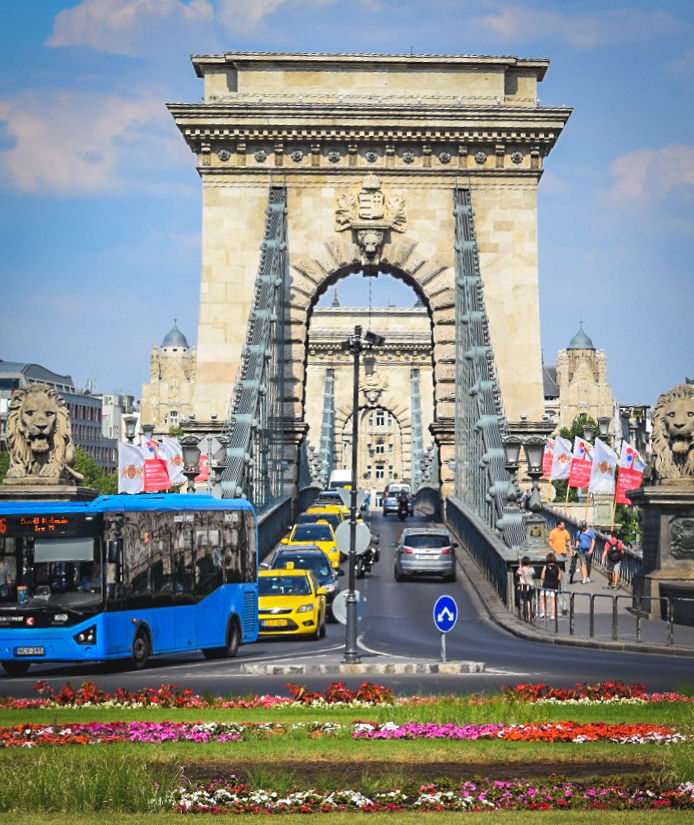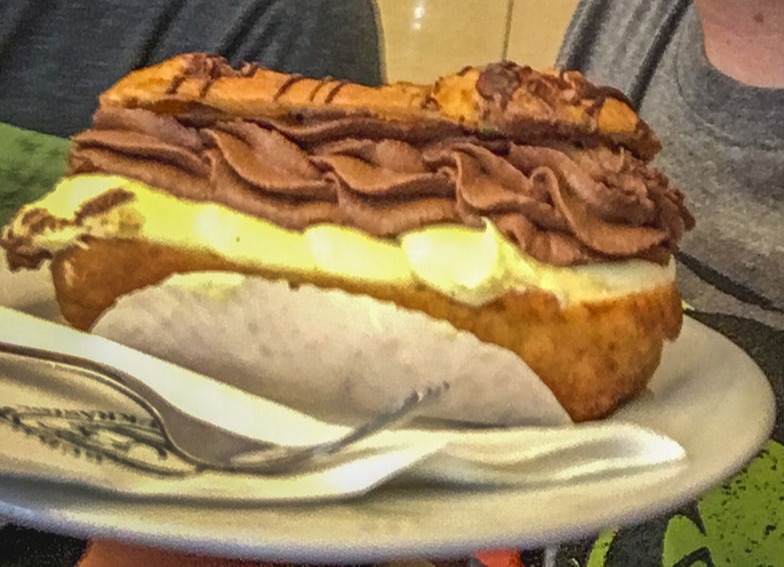Budapest, Hungary: A Classy Yet Affordable City (Day 2)
- That's How We Travel

- Jan 1, 2021
- 3 min read
Summary. Roughly 2.5 hours by train from Vienna, this capital City of Hungary consists of a cross-section of multiple cultures making the food, architecture, and overall experience unique from the other Central European cities we visited. Hungary is also unique in that the language is linguistically unlike any other major European language. This City situated on the Dunabe River, used to be comprised of two Cities: Buda and Pest. While the unification occurred in 1873, the boroughs are still designated as either being in Buda (23) or Pest (16) + Csepel Island. Central Budapest, beautifully preserved and designated as a UNESCO World Heritage Site, was walkable for our active family but possible out of range for some. Public transportation is available. In terms of cost, Budapest is very affordable compared to many European Cities. Lodging, restaurants, and entrance tickets were all remarkably inexpensive.
Free Walking Tour. We started our day with a 10:30 a.m. free walking tour. As their website states, the tour was and "[i]nsightful, fun-filled and informative walk about history, culture, society, architecture, food, nightlife and what Hungarians are actually like." Our guide was a graduate student in history, studying in the local University. Unfortunately, we spent too much time listening to the 2.5 hour tour to capture photos but here are some random photos we took while in central Budapest. Note: tour guides on free tours earn a living on tips. Be sure to tip generously.
Széchenyi Chain Bridge: Next, we traveled by foot from Buda to Pest via this chain bridge's pedestrian walkway. Opened in 1849, the bridge was destroyed by retreating Germans during WWII and rebuilt in 1949. Views from the Bridge are great, with many photo opportunities. From there, we took the Castle Hill Funicular to view the Buda Castle Grounds. At this point in our trip, we needed a break from another castle tour, so instead of going inside, we walked around castle grounds where we found great views of the City.
From the Castle grounds there are especially great photo ops of the Parliament building.
After enjoying our packed lunch in a shady spot outside the Castle grounds, we headed over to Ruszwurm patisserie. This sweet-tooth family had to stop at Hungary's oldest confectionary. Though it's hard not to love a place with dozens of cakes, pastries, and other sweets, Ruszwurm did not disappoint. Be sure to grab a table and enjoy an espresso with your pastry.
Next we headed to the Military History Museum. While we skipped the Castle museum, we did decide to pop in at the Military History Museum for something a little different. The museum features artifacts from the 1848-1849 War of Independence and the Revolution of 1956. Tickets are just $5/adult.
Finally, on our way back to the train station to catch our train to Vienna, we stopped at Szentháromság Square (Holy Trinity Square) and Mátyás Church (Matthias Church). A central feature of the square is the Holy Trinity Statute, finished in1706.
A note about Budapest's Thermal Baths. We know that one of the most common tourist activities is visiting one of Budapest's thermal bath houses. We passed on this, without regrets. We are sure there are good reasons to go but it just wasn't an activity for us because of the crowds, reported cleanliness (or lack thereof), and cost.






















































Comments